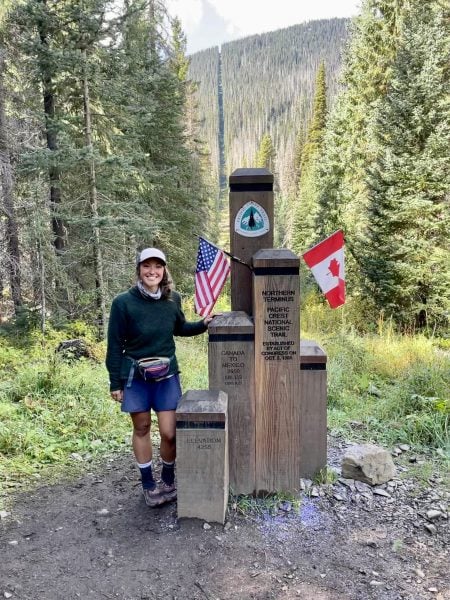
I am a second-year doctoral student in Forest Science at Michigan Technological University, where my research focuses on plant ecology, herbivory, and community ecology. My dissertation examines how moose browsing and wildfire interact to shape forest succession at Isle Royale National Park, while also using remote sensing and GIS to study patterns of white satin moth defoliation of aspen trees across the island.
As a first-generation college student, my path to a PhD has not been linear. I earned my bachelor’s and master’s degrees in Biology from Northern Michigan University, where I fell in love with ecological research as a McNair Scholar and developed a deep appreciation for the natural history of the upper Great Lakes. Between degrees, I stepped away from academia to work before embarking on a 2,000-mile solo backpacking trip across California, Oregon, and Washington. Somewhere along the trail, I realized I wanted to return to graduate school and pursue a career in teaching. My time on the trail taught me that big goals are achieved through small, steady steps–a mindset that continues to guide my academic journey.
Teaching is one of my greatest joys. I have led labs in plant biology, ecology, and evolution, guest lectured in undergraduate courses, and led field research crews. I strive to create a supportive environment where students feel encouraged to ask questions, think critically, and connect classroom concepts to the ecosystems around them.
Receiving the King-Chávez-Parks Future Faculty Fellowship is an incredible honor. This support provides the stability to complete my dissertation and continue my work as a researcher, educator, and mentor. I am grateful to my advisor, my department, and the many mentors who have guided me–and I am excited to inspire the next generation of scientists to be curious and see how tangible science can be.